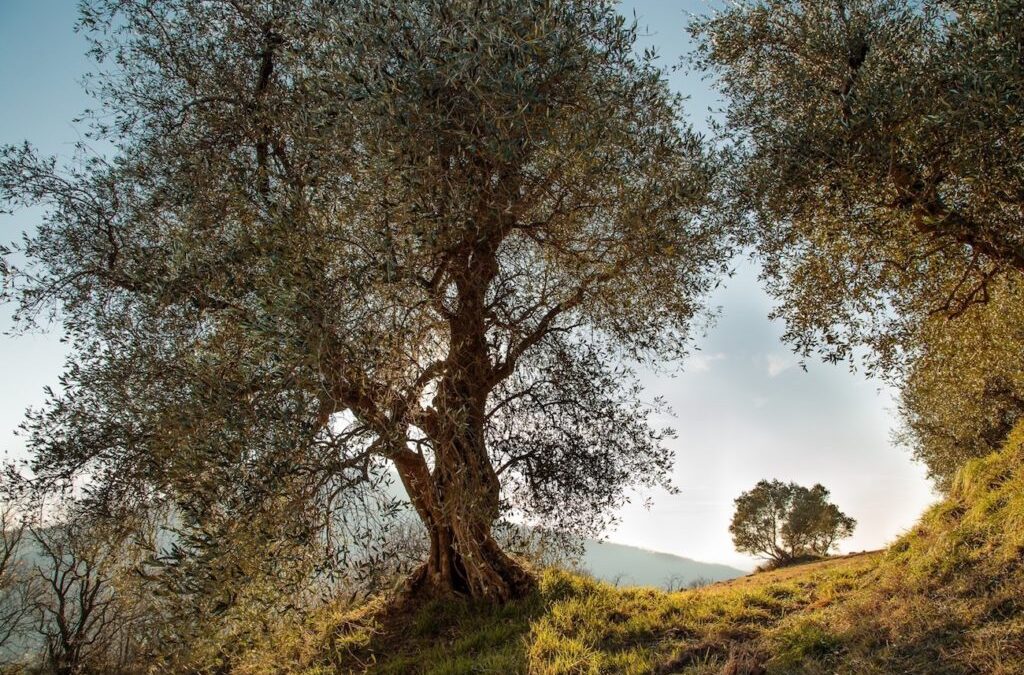Cultivation and sustainability

If, as is unfortunately occurring in several regions of the Mediterranean, the cultivation of olive trees is abandoned, soil use changes and is often replaced by pasture for the grazing of sheep and goats. The abandonment of cultivation leads to a temporary increase in the biomass production of annual herbaceous plants, if compared with ordinary pastures. This leads to intense pastoral exploitation that can reduce the coverage of tree plants from more than 80% to less than 30% in 20-30 years, and a reduction in soil depth from 30 cm to 6-10 cm. The productivity of the soil reduces, at times triggering erosion such as those sadly known along the Ligurian coastline. For these reasons, the permanent cultivation of olive trees contributes to the sustainability of natural resources through soil conservation and maintenance, a reduction in the loss of rainwater and its use. This proves that the olive tree can survive even with precipitation of only 200-300 mm per year. Traditional olive groves are associated with terraces which, on the one hand facilitate the management of erosion, while on the other hand, slow water percolation in the deep layers of soil, resulting in its spring at lower altitudes. Cultivation of the olive is compatible with tourism along the coastal Mediterranean regions, as agricultural activities are carried out in winter. In addition, olive oil needs less addition of chemical nutrients and use of machinery than for other crops. The demand for olive oil is growing and the economic actors find themselves operating in a climate of increased competition. Although 94% of world production is still concentrated in the Mediterranean basin, the survival of traditional olive groves is linked to the ability to expand to new markets, in addition to traditional ones.
This text is taken from “The olive and the oil: a history of cultivation and nature” written by Tommaso Sitzia, chapter 4 of the book “An Olive Oil Family” written by Cristina e Federico Santagata, pubblished by Olio Officina Edizioni.



